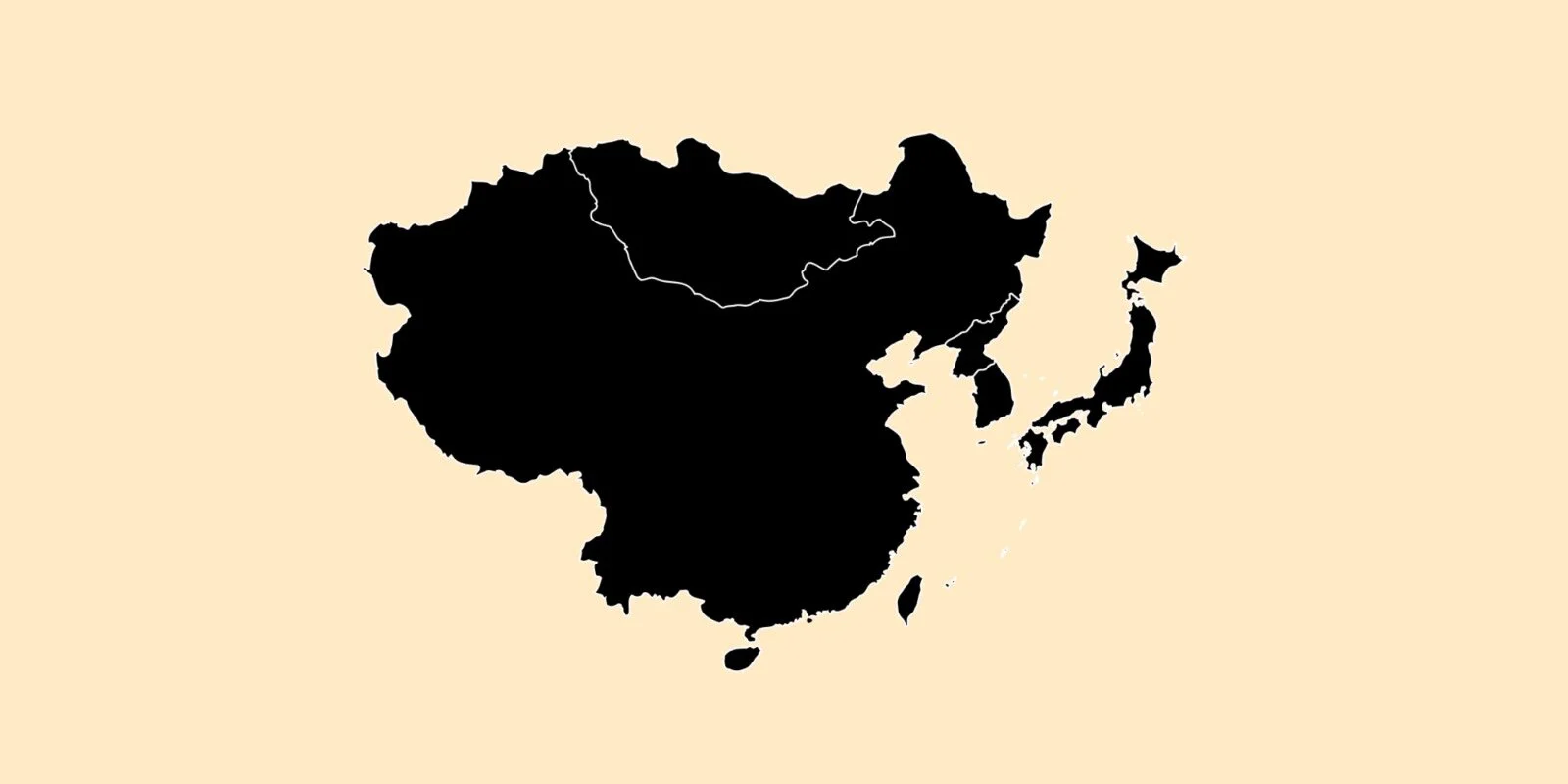Football in Hong Kong has had a rough ride this season. Games have been postponed, and attendance is down - Initially due to the protests that have swept across the region, and then the Coronavirus.
The protests began 7 months ago. Aimed at the Chinese government in Beijing, they simmer on to this day with over 7,000 arrests, more than 2,000 injured, and two lives lost. Then came the Coronavirus. Starting in Wuhan, China, the disease has spread across the globe and claimed the lives of thousands of victims, at least one of them in Hong Kong. The border with China has been partially closed as a result but, despite all this disruption, the Hong Kong Premier League soldiers on.
One team has been impacted by these events more than the others: R&F, who are top of the league halfway through the season. They are four points ahead of the 2nd place, with a staggering +25 goal difference. Although they appear to be unaffected on the pitch, things have been particularly difficult for them off it - because they are actually based in Guangzhou, China.
Founded in 2016, the team is the youth development squad for the Chinese Super League's Guangzhou R&F. They’re the only foreign team in the Hong Kong Premier League and similarly the only ones with Chinese players on their roster: Zhou Yuchen and Chen Zirong, with Ji Xiangzheng and Yu Zeping out on loan.
They are not the only team to play in a league outside their country: For example, Welsh clubs Cardiff, Swansea and Wrexham play in England, Canada’s Toronto FC and Vancouver Whitecaps compete in the MLS, Liechtenstein’s FC Vaduz play in Switzerland, all largely unaffected by their special situation. But the relationship between Hong Kong and China is a different story.
Hong Kong used to be a part of China before being ceded to the United Kingdom in 1841, then surrendered back to China in 1997. Back under Chinese control, they were granted a special status allowing them to have their own constitution and legal system. Since 2014, China has been trying to tighten their grip on the former British colony. The straw that broke the camel’s back came last year, when the Chinese government pushed for a law that would allow Hong Kong citizens to be extradited to mainland China. Fearing the Chinese government would abuse this law to persecute any opposition, the people of Hong Kong took to the streets in a wave of protests that swept the region. The relationship between the two has frayed, and that has spread into football.
“Players of other clubs were concerned,” says Tobias Zuser, founder of the Hong Kong football website offside.hk and lecturer on Sociology of Sport. “They would prefer not to cross the border during this problematic time, and away fans have mainly refrained from taking the journey.”
Despite this, every R&F home game so far this season has been played at their home ground, the Yanzigang Stadium in Guangzhou. While they have never been one to pull in huge crowds for home games, likely due to their status as a youth team, this season has seen a real slump in attendance. While the ground can host 2,000 spectators, last year an average of 707 fans attended their games - ranking 7th out of 10 teams in the league. Four home games into this season, we are looking at half of that already poor figure.
Falling attendance rates are not unique to R&F either. Of the eight teams who also played in the Hong Kong Premier League last season, three are seeing at least 20 per cent fewer people turning up each week, while two more are seeing a drop of more than 40 per cent coming through the gates.
Approaching the 11th matchday of an eighteen-round season, only one round of fixtures had been postponed due to the protests in October, during the peak of the violence. Infrastructure had been in place to accommodate the fixtures, but HKFA Chairman Pui Kwan-kay said "the situation [had] changed quickly”, forcing their cancellation.
But then came the spread of the Coronavirus. Training centres were closed and all competitions are suspended at least until March. In the meantime, some cup games are played behind closed doors. The toughest cookie in this deal is a mandatory 14-day quarantine for anyone crossing from mainland China to Hong Kong which, inevitably, will make things particularly difficult for R&F.
While the future of this season in the face of the Coronavirus epidemic is uncertain, the league appears determined to continue, with football standing out as a vital source of entertainment during a period of adversity. The HKFA are even broadcasting all FA Cup games for free online to ensure that people can watch.
But there’s a more mundane issue that could prove to be the the real deal breakers. “Fans generally don't voice their frustration to [R&F's] players” says Zuser. But this year, their first league title is within reach, and a triumphant domestic campaign could cause a shift in attitudes: Whilst the club itself does not appear very popular due to its background, if they end up winning the title this season, it might encourage local fans to more boldly express their disdain for the Chinese team: “it may shuffle the state of football politics a little more than desired.” Alas, Hong Kong is perhaps one of few places where a team’s popularity among fans is in reverse correlation to its success.

